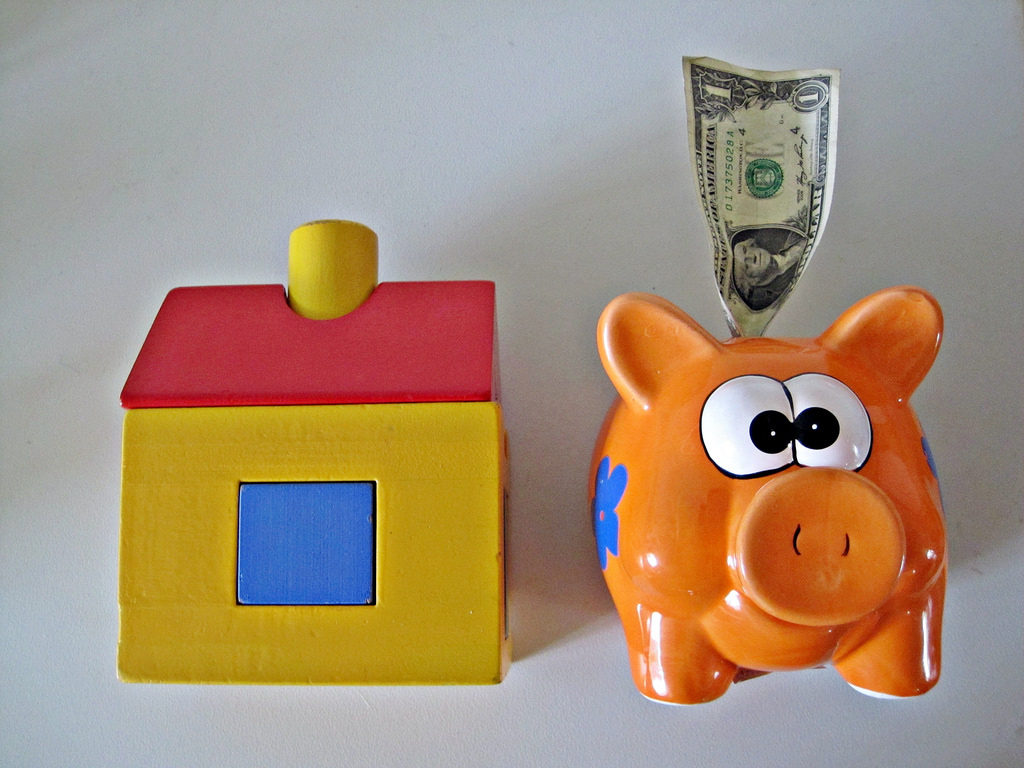
Photo by Sharon McCutcheon on Unsplash
It’s easy to get behind on bills these days. Between the high cost of living, stagnant wages, and a sluggish job market, many people find themselves dealing with financial difficulties.
While past due payments and collection threats often cause people to fall into a vicious cycle of debt, the situation is not hopeless. It is possible to get ahead and gain financial freedom by making smart choices. For those of you working hard to get your finances back on track, following the tips below can help:
1. Manage Your Debt
Debt is a tricky thing. It can sneak up on you quickly, and before you know it, you’re drowning fast. If you’re like a lot of people, you’ve turned to a payday loan or two to get through a tight spot. Also like most people, it’s probable that you quickly realized it was a mistake.
Rather than play into the trap set by these predatory lenders, consider small loans instead. Small loans obtained from reputable lenders at more manageable interest rates can help you break the vicious cycle of debt to get one step closer to financial independence.
2. Make a Budget
Having a plan for every dollar helps you see exactly where your money goes. Before you receive your paycheck, sit down and plan out on paper where your money will go. Allocate funds to the bills you must pay for each pay period. Don’t forget to allocate some of your earnings to a savings account, too.
When you budget your money before you get it, you’re more likely to spend less of it frivolously, which helps you get from one paycheck to the next more comfortably.
3. Use the Envelope Method
Studies show people spend more money when they use plastic rather than cash. With this idea in mind, you can use what is fondly known as the envelope method to help you spend less.
Label several envelopes with your expense categories. Place an allotted amount of cash into each envelope. Once an envelope is empty, you’re done purchasing anything in that category until the next pay period. This is a great way to train yourself to be more discerning about the things on which you spend your money.
4. Start a Savings Account
If you’re like many people, your savings account, if you have one at all, is just a formality. You keep the minimum balance required for it to remain active. If this is the case, it’s time to start using that savings account as it’s intended. If you don’t have one at all, it’s time to open one.
Ideally, you should have at least 3-months’ worth of emergency funds in your savings account. Six months is even better. This may sound like a lot of money, but you can save that amount quickly by having 10 percent of each paycheck automatically transferred into your savings account.
5. Don’t Use Credit Cards
Credit cards are convenient, but relying on them, especially during times of financial struggle, only serves to perpetuate the cycle of debt. If you don’t already have credit cards, keep it that way. If you do, make a plan to wean yourself off them until you’re paying all your bills out of a current account. You might want to keep a card active in case of emergency, but you’ll be amazed at how cathartic it can be to cut up your plastic for good.
No one said the path to getting your finances on track would be an easy one. However, with perseverance, you can gain the financial freedom you seek by following the five tips above.


